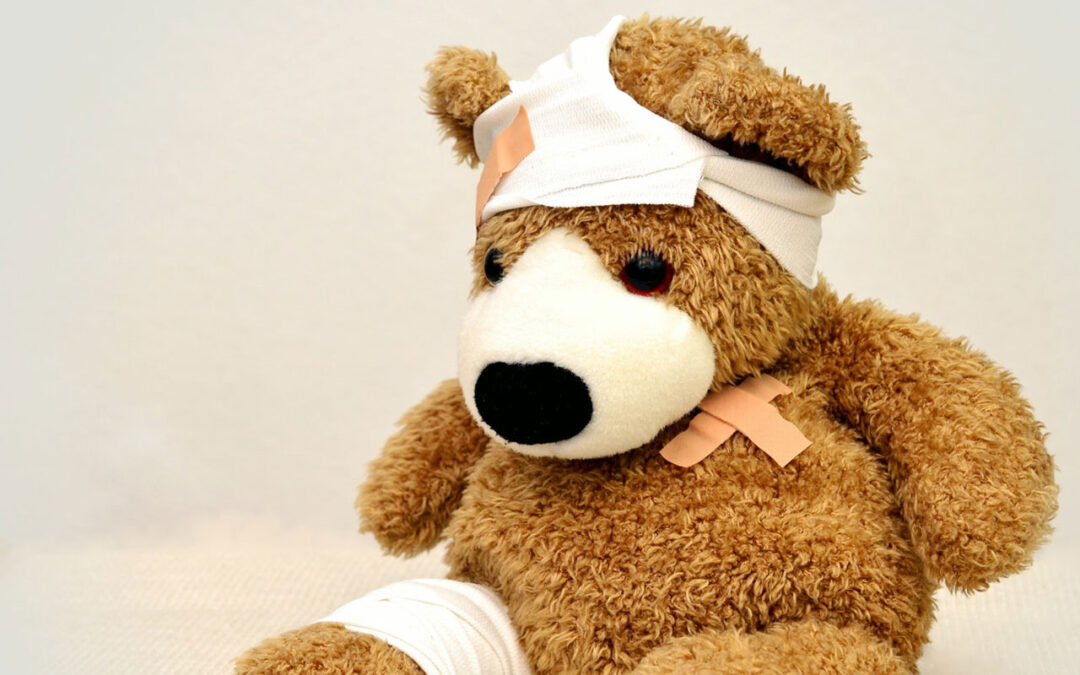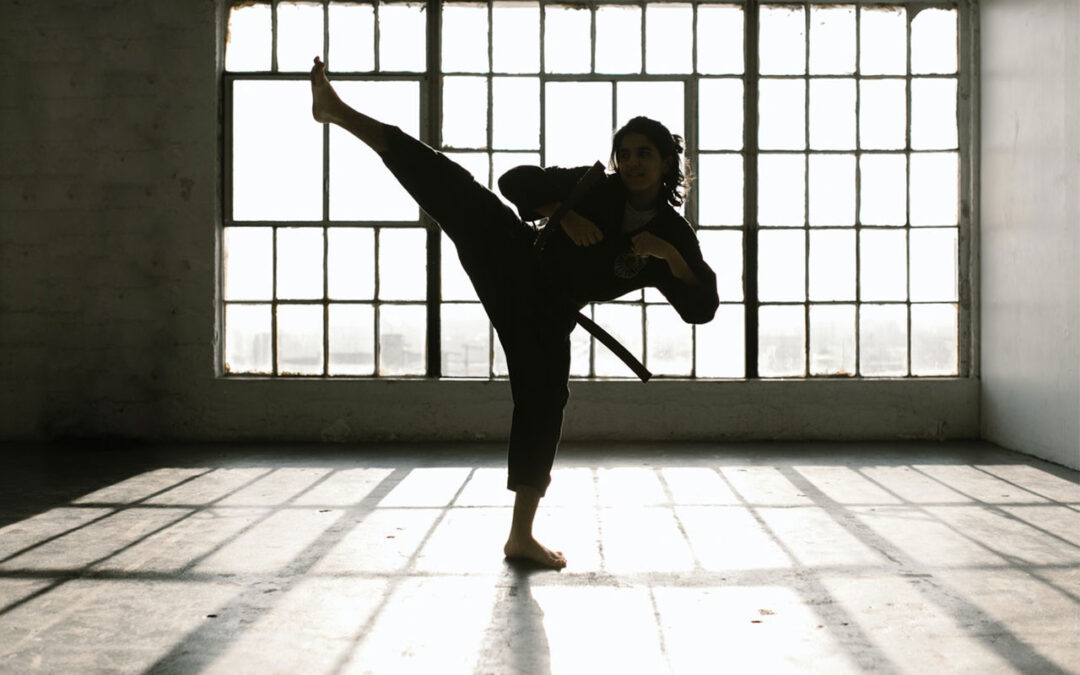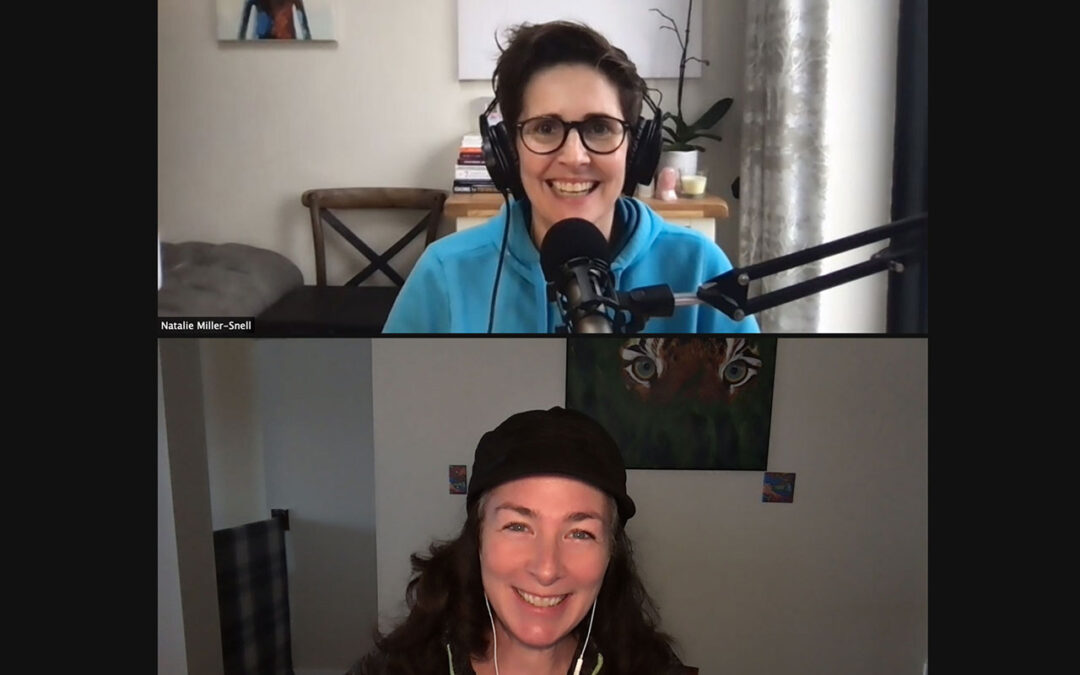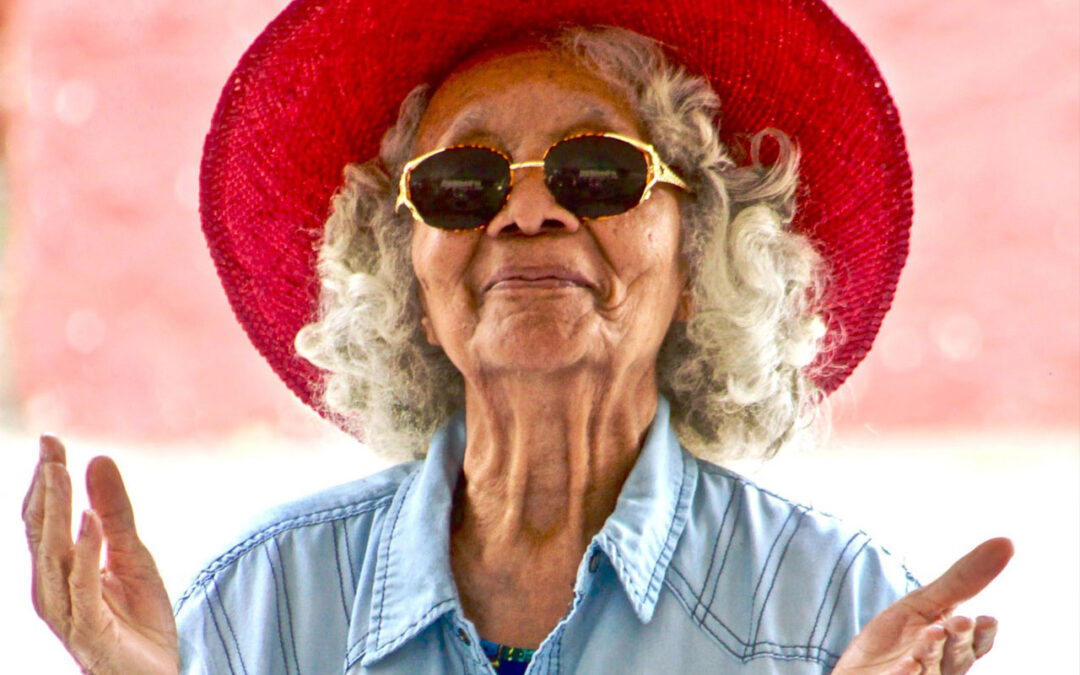
How to Cope with Chronic Pain
Have you recently found yourself struggling with a pain that just won’t go away? You might be worried that this is going to become a constant issue in your life. Or worse. Maybe you feel it is a sign of something more serious. It’s important to understand that these days, chronic pain is quite common. Indeed, 40 million people in the USA alone are believed to suffer from some form of chronic pain. That being said, let’s look at some ideas on how to handle it.
Speak To A Doctor
Your first step should always be to speak to a doctor. This is important if you don’t have any idea what might be causing your chronic pain. It’s always best to get it checked out and make sure that there aren’t any more worrying concerns lurking beneath the surface. For instance, if you have pain in your stomach that won’t go away, this can be a symptom of a variety of different medical conditions.
Move Around More
Do note that chronic pain can be caused by not moving around enough. Research does suggest that if you don’t live a particularly active lifestyle, then you may develop pain in parts of your body. This is just a sign that you’re not using your muscles and joints enough. They grow stiff and this can lead to further problems such as inflammation. One of the ways to handle this will be by starting an exercise routine. This doesn’t need to be massively strenuous. It can be something simple like a few pushups and situps each morning.
Address The Physical Cause
You might find that there is a physical cause for your chronic pain. Usually, this will be related to inflammation. If that’s the case, then you might want to explore physical treatment options. Research shows that chiropractic treatment from companies like Unwind Health can provide a tremendous level of relief for those who are suffering from chronic pain in places like their back. If you are worried about issues with back pain, then it might be worth thinking about speaking to one of these professionals.
You might also want to consider exploring medicine to treat your chronic pain. Be aware that you don’t have to use typical medicine. Instead, you could explore herbal solutions such as THC. Again, this is effective when treating chronic pain.
Make Lifestyle Changes
Finally, you might find that your chronic pain is tied to elements of your lifestyle that you need to change. For instance, it’s possible that you spend too long typing at your desk without breaks during work. If that’s the case, then you might want to think about investing in some ergonomic furniture to offer relief.
We hope this helps you understand everything you need to know when you are trying to deal with your chronic pain the right way. If you take the key steps here, you can make sure that it doesn’t become a constant burden in your life.






